ne of the main goals of Alaska Native Corporations (ANCs) is to earn money for their shareholders. And while many have been very successful in starting and running businesses within the state’s borders, there are even more opportunities to be found nationally and internationally. To this end, many regional and village corporations have expanded their business holdings far beyond the 49th State, not only to provide a new source of revenue for their parent companies but to service clients across the country and the world.
“If an ANC only does business within the state, the market is very limited,” says Josh Herren, president and CEO of Yulista Holding, a Calista Corporation subsidiary based in Alabama. “In some cases, you need to branch out to where the customers are in order to expand your business.
“It can also expand the financial footprint of the organization, which opens doors for paying dividends, as well as providing jobs and other opportunities,” he adds. “It keeps the corporation a viable ongoing entity, which is the intent of ANCSA [Alaska Native Claims Settlement Act].”
Up until 2002, Yulista was mostly an Alaska-based company. Then it landed a large Army contract in Huntsville, Alabama, which it still holds to this day.
“We moved our operational headquarters to Huntsville because our customer base got so big that it just made sense to have our operations here,” says Herren of the holding company that now has ten subsidiaries in twenty-eight different states. Of the company’s 2,000 total employees, 1,000 work in Huntsville with the rest distributed across the nation.
The move also allowed the corporation to add efficiencies and to make better use of its workforce.
“We had support employees in Alabama and some in Alaska, and they were doing basically the same work. Moving our headquarters to Huntsville not only allowed us to get closer to our customers but to become more efficient,” says Herren, adding that a number of Yulista employees who remained in the state moved into jobs in the accounting and human resources departments at Calista Corporation.
The move also enabled Yulista, originally a single subsidiary of Calista known as Yulista Management Services, to diversify its services.
“In the beginning, Yulista had just one big contract, and from a shared risk perspective, if that contract went away, there was concern about what would happen with both Yulista and Calista,” says Herren. “By diversifying the business, we could reduce our reliance on a single contract and generate more shareholder value.”
Yulista Holding, LLC
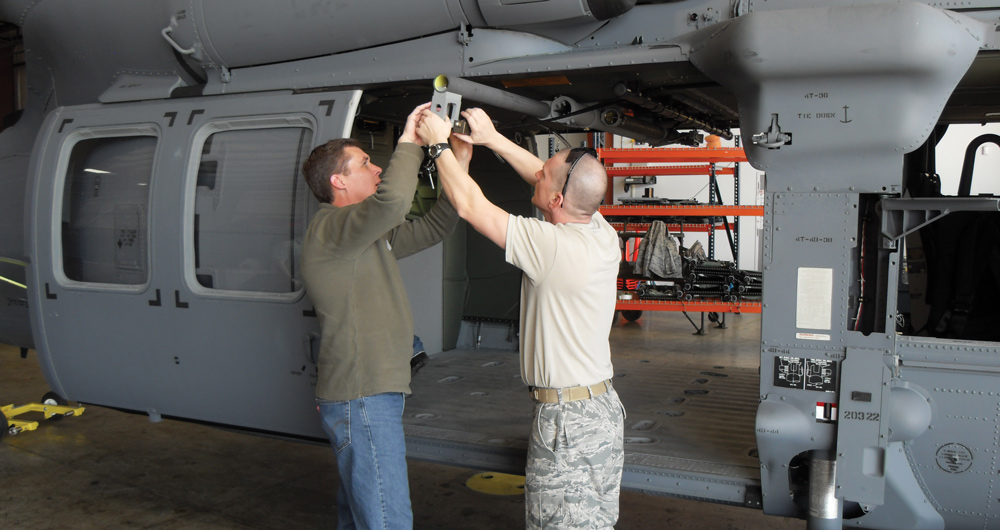
Yulista Holding, LLC
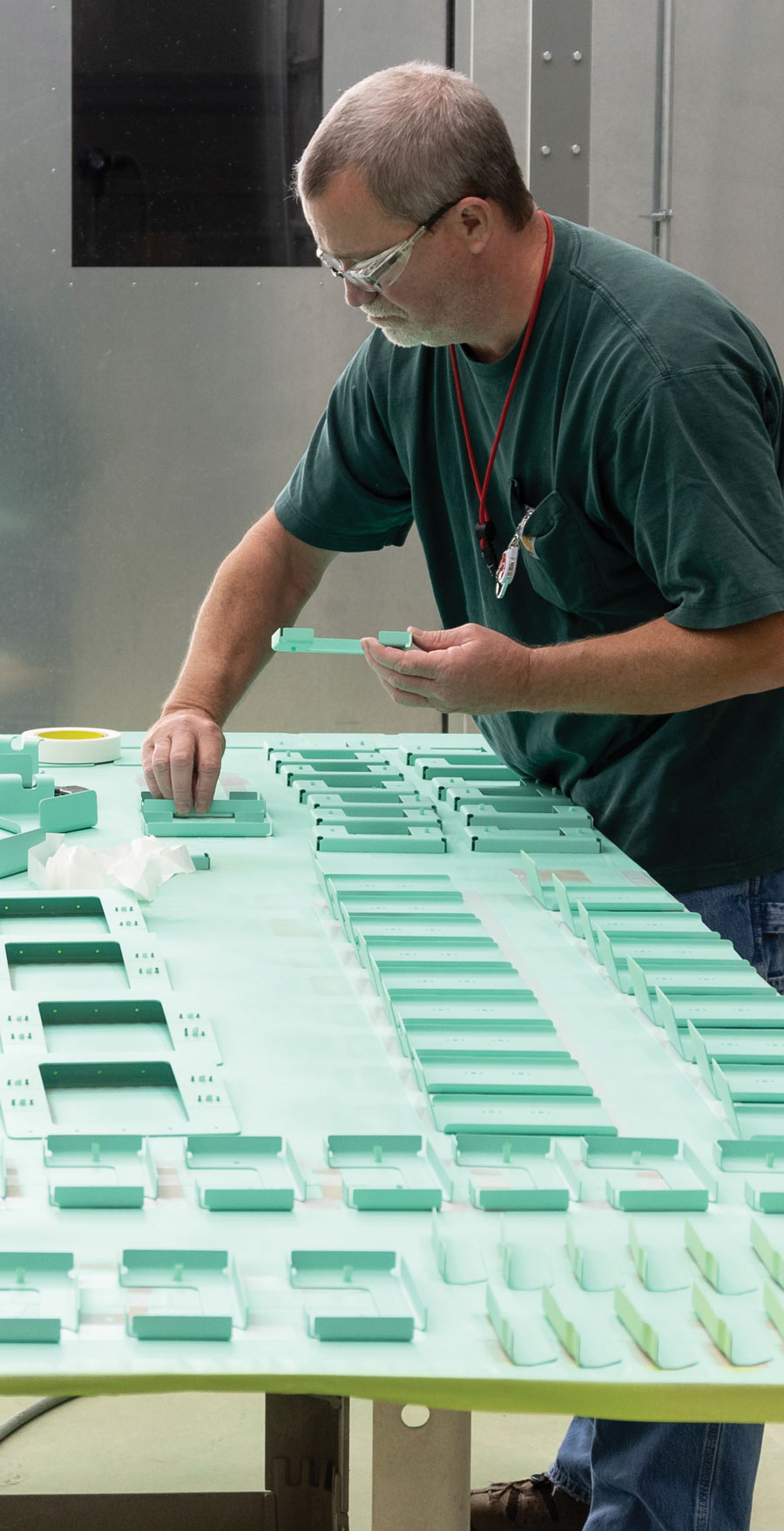
Yulista Holding, LLC
In many cases, one of the prime drivers of national expansion is ANCs’ ability to take advantage of the federal government’s 8(a) program, which gives them a foothold into government contracting. The program, which was created to assist small, disadvantaged businesses, including firms owned by ANCs, is designed to help these companies in gaining access to federal and private procurement markets through the award of sole source and set-aside contracts.
In some cases, ANCs choose to invest in already established companies, which can help to expand their reach into national and international markets.
The Brice Family of Companies was purchased by Calista in July 2010 and is now known as Bilista Holding. While still based in Alaska, it includes a number of 8(a) companies that have a nationwide presence, including Brice Environmental, which runs logistically complex environmental and construction projects in rural and remote locations; Brice Engineering, which provides engineering, environmental consulting, and construction services; Brice Civil Constructors, which deals with marine, construction, and environmental remediation projects; and STG Pacific, which is involved in specialty foundations, vertical, horizontal, and heavy industrial construction.
“When Calista bought our companies, one of the primary reasons was to get ready to train shareholders to work on the Donlin Mine project,” explains Sam Robert Brice, president of Bilista Holding. “At that time, it was thought that the mine was three to five years away, and here we are in 2021 with that same prospect.
“In the meantime, Calista’s president and board of directors asked us to continue growing our business to support the growing shareholder numbers at Calista,” he continues, adding that when the company was purchased in 2010, Calista had about 13,000 shareholders. Today, that number totals more than
33,000 individuals.
“Without the Donlin project, we knew that we had to find work outside of Alaska to meet that goal, so we started ramping up in 8(a) programs that offered opportunities out-of-state; at the time, we had four businesses, and we’ve since grown to ten, mainly utilizing 8(a) to grow inside and outside of Alaska.”
While most of Bilista’s work is in the United States, one of its subsidiaries provides services in Kuwait and Germany, and they have been working on Wake Island in the Pacific for the past four years.
“Some of the businesses are set up with permanent offices in states other than Alaska; Tunista Construction, for example, is based out of Tacoma, Washington, and Brice Environmental has offices throughout the United States,” says Brice.
“I don’t check in with Alaska every day, but we do have a meeting about every two weeks with the executive members, and I talk to Calista’s President and CEO, Andrew Guy, quite often,” says Herren. “While we work at the direction of Calista to meet the needs of the shareholders, they let us operate pretty autonomously. We have a lot of freedom to run the business.”
The companies are tied together financially, with subsidiaries sending profits to their parent corporation, which are then distributed as dividends or used to provide other types of shareholder support. In Calista’s case, having these out-of-state subsidiaries has been a win on both ends; Yulista and Bilista both provide jobs and job training to Calista shareholders, and both contribute financially to Calista’s bottom line.
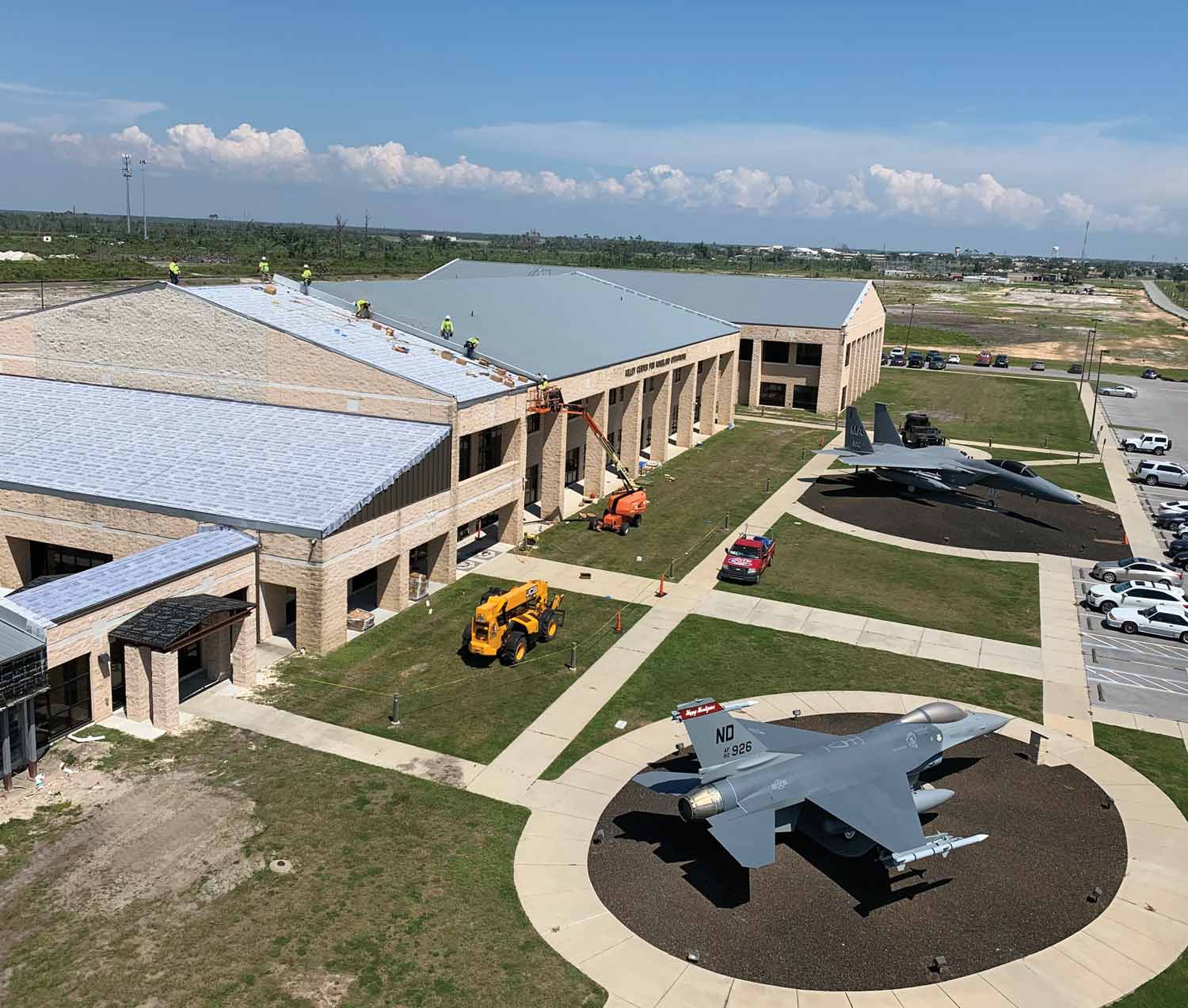
Jake Muirhead
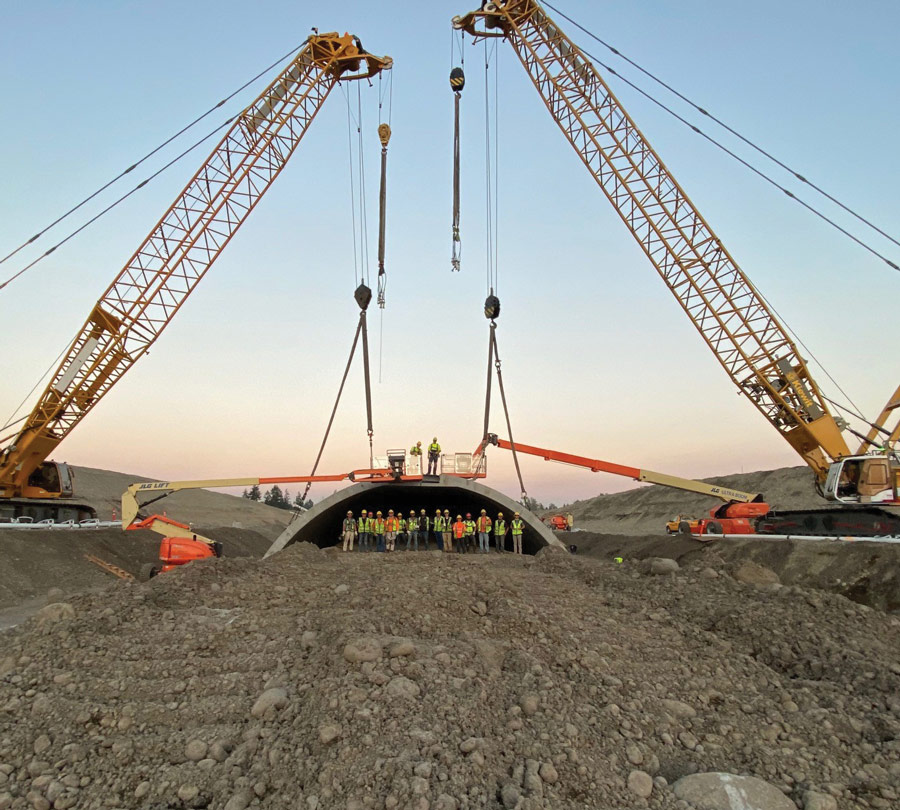
Justin Vena
“We try to actively develop a shareholder workforce, but it’s a little challenging when a number of our operations are outside the state,” says Brice, adding the Bilista does a lot of work in communities in rural Alaska to promote hiring. “We are always looking for opportunities to bring on shareholders that are interested in the business and who are comfortable working inside and outside of Alaska.”
To interest more shareholders, Yulista began a robust internship program that allows young Calista shareholders to go to Huntsville in the summer to get a taste of what working for Yulista is like. “If they want to come back, the door is always open,” says Herren, noting that since the program’s inception, more shareholders work for the company now than in the past.
One other difficulty caused by so much distance is keeping employees connected to their Native culture, as well as Calista’s corporate culture. To this end, the subsidiaries try to provide opportunities for employees to become part of the bigger picture.
“We try to take our cultural aspects and bring them into Yulista,” says Herren, adding that a lot of the company’s employees are excited to work with a group of shareholders that are Alaska-based and not Wall Street-based. “We are not suits in a conference room; we are Alaska folks that have a real personal tie to our organization, and we really communicate that to our teams in the states.”
“While we may be in another state, we don’t forget where we came from,” he adds.
According to Brice, when Calista bought the Brice Family of Companies, he knew it would be a good fit.
Yulista Holding, LLC
Yulista Holding, LLC
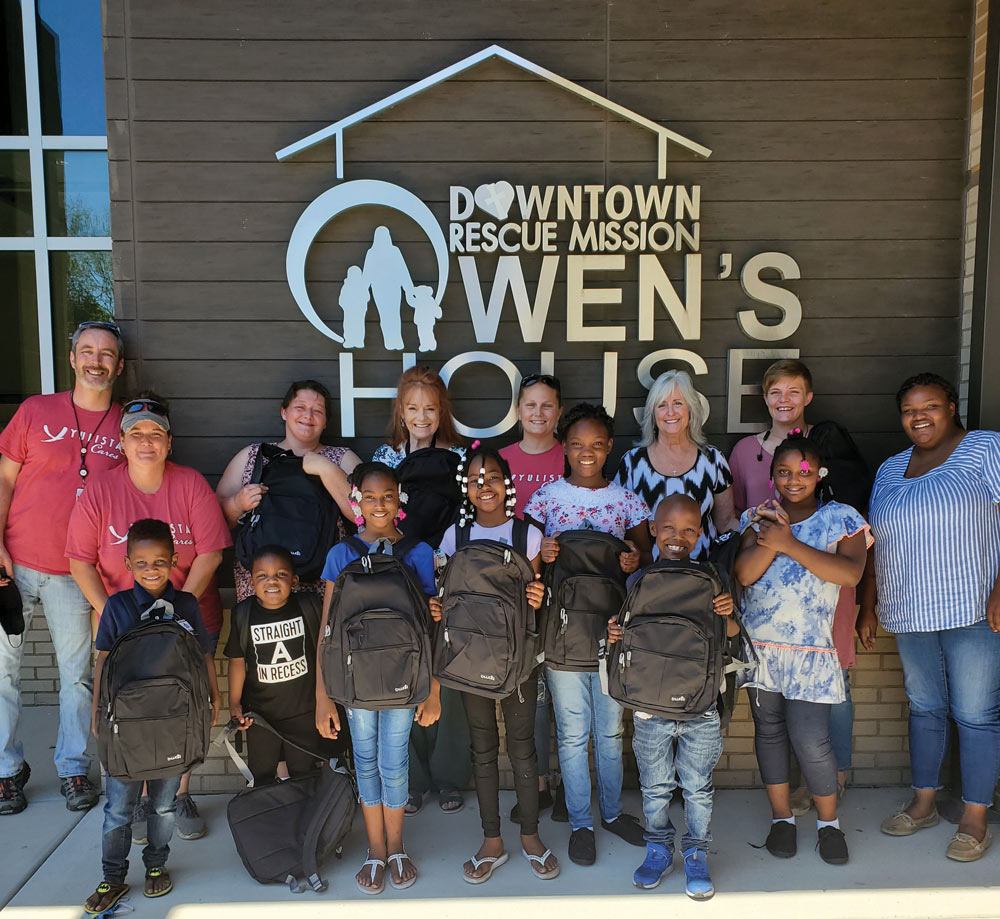
Even from far away, ANCs and their subsidiaries share a bond that many other companies—even those located much closer to each other—cannot replicate.
“The shareholder element is a powerful piece; I consistently remind our team in Huntsville that there is a meaningful purpose behind what we do every day,” says Herren. “And the employees really rally behind it. ![]()